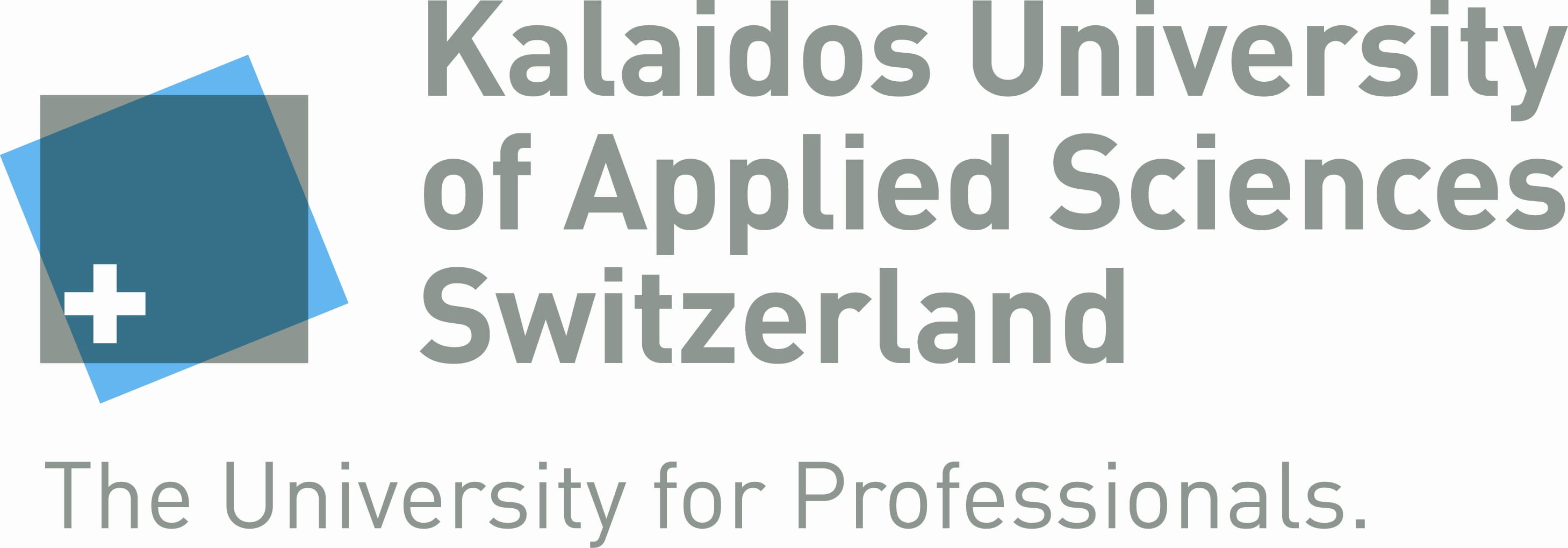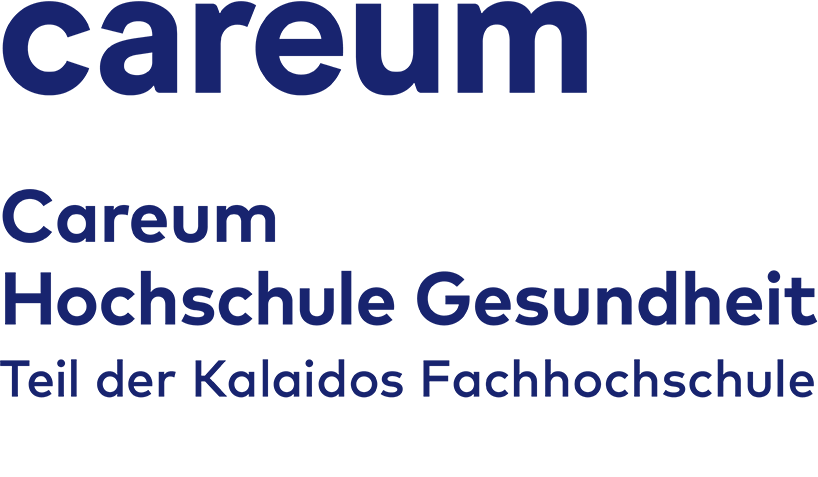RESONATE – Strengthening Bonds through Music in Neonatal Care and Beyond
We are developing a music-based digital health intervention for parents of premature and sick children. The aim is to motivate and support them to talk, hum and sing with their child while they are still in intensive care. The intervention provides evidence-based information on the benefits of voice and music and promotes parent-child bonding, well-being, self-efficacy and digital health literacy.
Background
For young parents, a premature or high-risk birth is traumatic and the months of intensive care are a challenge. Stress and noise on the neonatal ward put a strain on parents and child, disrupt the mother-child bond and jeopardise the child's development. Creative music therapy stabilises, relaxes and has been proven to promote neurological development. However, many parents are unaware of this resource or feel unsure about singing in a clinic setting. Motivating and guiding them to sing can strengthen well-being and bonding. However, music therapy does not yet reach all affected families.
Study
Our project closes a gap with a digital modular health intervention. Parents receive personalised health information on music and (premature) birth as well as interactive support and chatbot-supported recommendations via a platform. A unique feature is songs developed together with parents for premature and ill children, provided via the app of the parents' association amiamusica. Parents can document their experiences using multimedia and share them with professionals, peers and families. Tutorials and peer testimonials show how voice and music can be used to support children in intensive care and at home. The content will be available in several languages.
Our research project is based on scientific findings on music therapy and the needs of affected parents and professionals, which we have been collecting since April 2024. Initial results show: Parents want digital support to gain confidence in their voice and utilise the added value of music. We are developing a prototype in cooperation with Pathmate Technologies, the Careum School of Health, the University of Zurich and amiamusica. This will be trialled at the University Hospital Zurich in neonatology and at home, with a focus on user-friendliness, acceptance, parent-child bonding, well-being, self-efficacy and digital health literacy.
Project goal
In collaboration and co-design, a digital health intervention is being developed, piloted and evaluated to promote parent-child bonding and well-being in premature and high-risk babies through voice and music in a scalable way. Our unique digital innovation is intended to use the positive medium of music to help many parents and children with a highly technical intensive care start in life to achieve greater closeness, connection, security and intuitive parenting skills.
Methodological approach
In cooperation with the University of Zurich, the USZ, amiamusica and the Careum Hochschule Gesundheit, we evaluate the needs of parents and professionals with focus groups and experts. We use the Ophelia process and the ECOUTER approach to identify requirements. Together with parents and Pathmate Technologies, we define the technical requirements and develop the intervention based on the Pathmate platform. After implementation at the USZ, we test usability and acceptance in the hospital and at home. Our focus is on parent-child bonding, well-being, self-efficacy and digital health literacy - with the continuous involvement of those affected.
Team
PI: Dr. Friederike Haslbeck (Universitätsspital Zürich, Universität Zürich)
Co-applicants: Dr. Rosa Visscher, Dr. Prof. Dr. Jörg Haslbeck (Careum Hochschule Gesundheit)
Team: Dr. Bettina Schwind (Careum Hochschule Gesundheit), Dr. Julia Seinsche (Careum Hochschule Gesundheit)
Partners: amiamusica, Pathmate Technologies
Funding
Ernst Göhner Stiftung 2023-2663/1.1, Eduard Aeberhardt Stiftung

Duration
April 2024 – 2027
Literature
Haslbeck FB, Mueller K, Karen T, Loewy J, Meerpohl JJ, Bassler D. Musical and vocal interventions to improve neurodevelopmental outcomes for preterm infants. Cochrane Database of Systematic Reviews 2023, Issue 9. Art. No.: CD013472. DOI: 10.1002/14651858.CD0134
Haslbeck FB, Jakab A, Held U, Bassler D, Bucher HU, Hagmann C. Creative music therapy to promote brain function and brain structure in preterm infants: A randomized controlled pilot study. Neuroimage Clin. 2020;25:102171. DOI: 10.1016/j.nicl.2020.102171.
Hochmuth, A., Hochmuth, A. M., & Dockweiler, C. (2025). Digital health technologies enabling the transition from pregnancy to early parenthood: A scoping review. Zeitschrift Für Evidenz, Fortbildung Und Qualität Im Gesundheitswesen. https://doi.org/10.1016/j.zefq.2024.11.013






